We must be the great arsenal of democracy
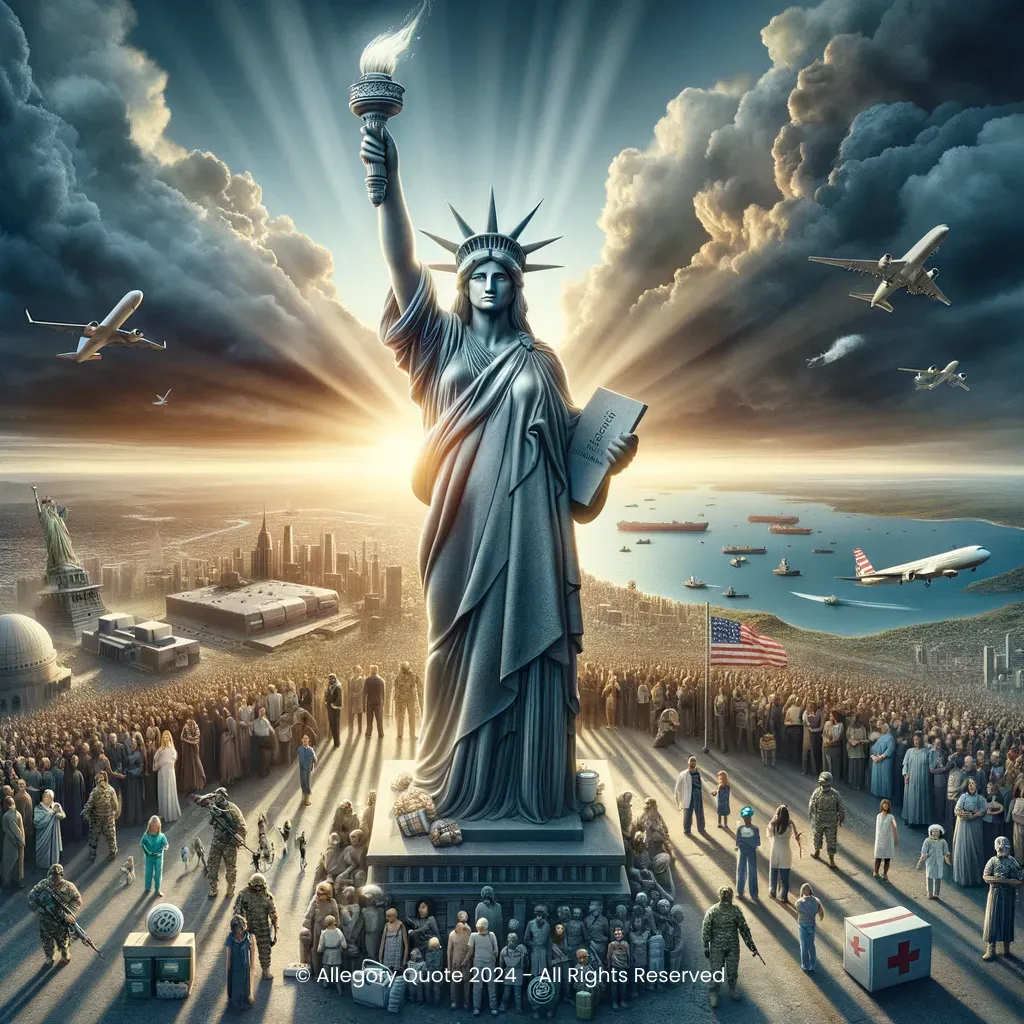
0
0
0
0
- Meaning
- This phrase means that the United States should serve as the primary support system for nations fighting against tyranny and oppression, particularly during World War II. "Arsenal" refers to a supply of weapons, suggesting that the U.S. should act as the producer and supplier of military equipment necessary to defend democratic ideals worldwide. This notion embodies a commitment to safeguarding democracy not just domestically but globally.
- Allegory
- The allegorical image captures the essence of Roosevelt's call to make the United States the "great arsenal of democracy." The towering figure, similar to the Statue of Liberty, encapsulates the spirit of freedom and democracy. The torch represents the light and hope that America aimed to provide during turbulent times, while the arsenal of varied supplies symbolizes the support the U.S. offered to allies. The smaller figures signify the global reach and inclusive nature of this support, highlighting unity and solidarity among different nations. The horizon with sun rays breaking through clouds represents the hope and renewal aimed at a better future, while the planes and ships depict the wide-reaching impact of America's aid during World War II. This image underscores the complex interplay between providing specific material support and the broader ideological commitment to global democracy and freedom.
- Applicability
- The teaching of this phrase can be applied in various aspects of life, including personal responsibility and community involvement. It encourages the idea of supporting others in their time of need, thereby contributing to a larger cause. Whether it's providing help to a friend in trouble or advocating for social justice, the core principle revolves around being a pillar of strength and integrity.
- Impact
- This phrase significantly impacted American foreign policy, shaping the Lend-Lease Act, which allowed the U.S. to supply military aid to foreign nations during World War II. It solidified the U.S.'s position as a defender of democracy and laid the groundwork for its leadership role in the post-war world. The phrase is still cited in discussions about the U.S.'s global responsibilities and its role in international conflicts.
- Historical Context
- Franklin D. Roosevelt's speech took place in the historical context of World War II, just before the United States officially entered the war with the attack on Pearl Harbor in December 1941. At that time, European nations, particularly the United Kingdom, were fighting against Nazi Germany, and there was a growing debate in the U.S. about whether to remain neutral or support the Allies.
- Criticisms
- Critics have argued that the phrase and the policies it inspired went against the U.S.'s initial stance of neutrality. Some believed that by becoming the "arsenal of democracy," America was entangling itself in foreign conflicts that could have been avoided. Debates continue over whether the interventionist policies have led to beneficial outcomes or have embroiled the U.S. in too many international conflicts.
- Variations
- There are variations and interpretations of this phrase in other contexts, articulating a similar sentiment. For instance, some speeches and writings emphasize the importance of being a "guardian of democracy" or "beacon of hope," which resonate with being an essential support in upholding democratic principles in different areas including military, economic, and cultural dimensions.
-

With friends like these, who needs enemies?
-
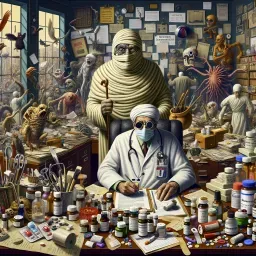
Politics is the art of looking for trouble, finding it everywhere, diagnosing it incorrectly, and applying the wrong remedies.
-

With great power comes great responsibility.
-
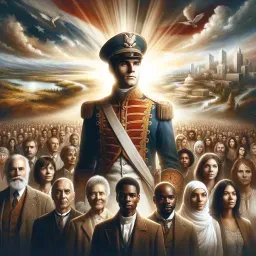
The true test of a man's honor is his loyalty to his country.
-

Greed is good.
-
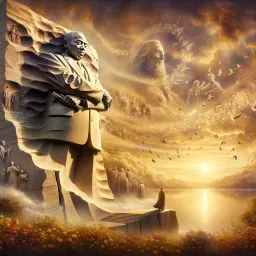
What we do in life echoes in eternity.
-

The only limit to our realization of tomorrow will be our doubts of today.
-

Wall Street.
-
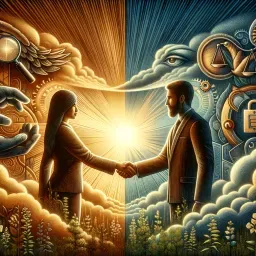
Trust, but verify.
-

I do not ask for riches, nor hopes, nor love, nor a friend who understands me; all I ask for is the sky above me and a road beneath my feet.
No Comments